#learnism
Explore tagged Tumblr posts
Photo
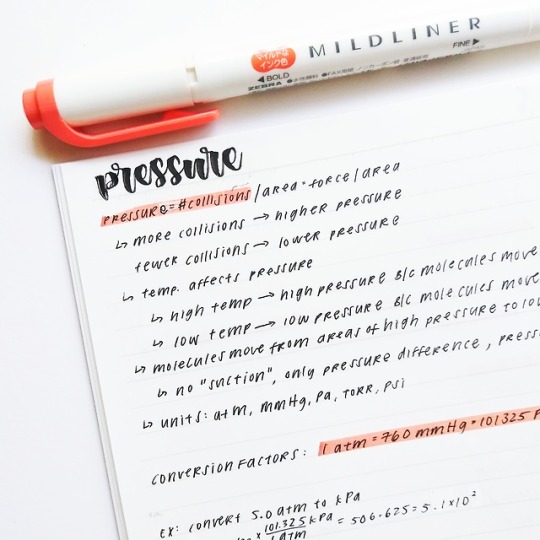
pressure // chem
check out my studygram!
#notes#my notes#chemistry#original#studyspo#studyblr#studyquill#heytherecee#heybirb#acadehmic#pencyls#learnism#studenting#userfei
332 notes
·
View notes
Text



7.11.19 // finished two essays this week, here’s some scattered pictures from the last week. been so busy forgetting to take them
#study notes#studyblr#areistotle#dangostudy#heysareena#muji#note taking#heytherecee#hardworkign#einstein#studenting#heybirb#learnism#userfei#studyquill#bujo#vsco#vscocam#studyingwtf#studymore
64 notes
·
View notes
Photo




‘we are so customed to disguise ourselves to others that, in the end, we become disguised to ourselves’
— donna tartt, ‘the goldfinch’
#bullet journal#art journal#booklr#bookmrk#bookworm#donna tartt#the goldfinch#stillstudies#einstetic#thecoffeedesk#smoketexture#mohtivations#studyinky#intellectys#artemistudying#stvdybuddies#hufflepuffwannabe#learnism#polkamyface#nocturnaldaria
2K notes
·
View notes
Photo

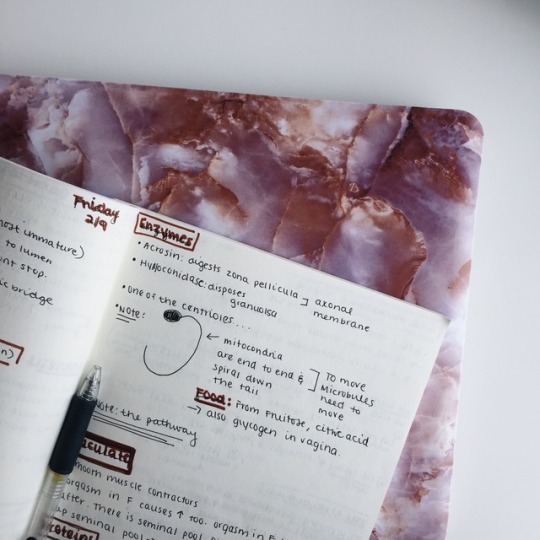
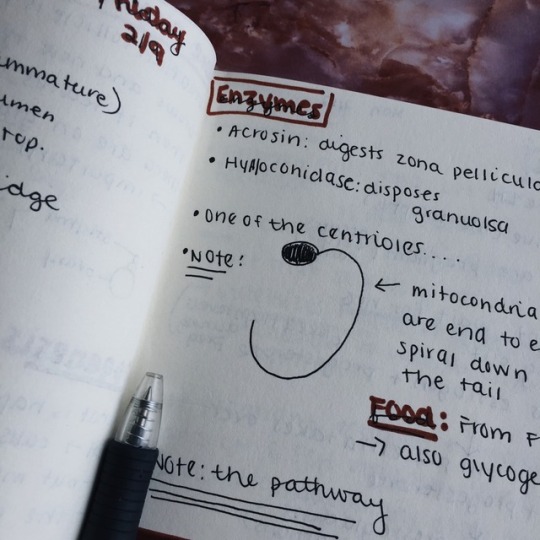

4.28.18 // 6:24 pm. i have been so inactive lately, i’m so sorry guys, school just has been very busy; but hope you all are doing well and killing everything you do✨💖 (btw this is ft my bffs @sophrosyne-812)
#studyblr#studyright#coffeeandbooks#coffeesforstudiers#studyingwtf#learnism#studythetics#revise#reviseordie#elkstudies#emmastudies#academia#academlets#areistotle#studygene#heysareena#heyacdemic#nehrdist#studytildawn#briellestudies#sulynotedx#dulynotedx#studypetals#thecoffeedesk#omgstudytime#studyplants#behaviorral#gracelearns#heysuhyla#mediocrestudyblr
996 notes
·
View notes
Photo
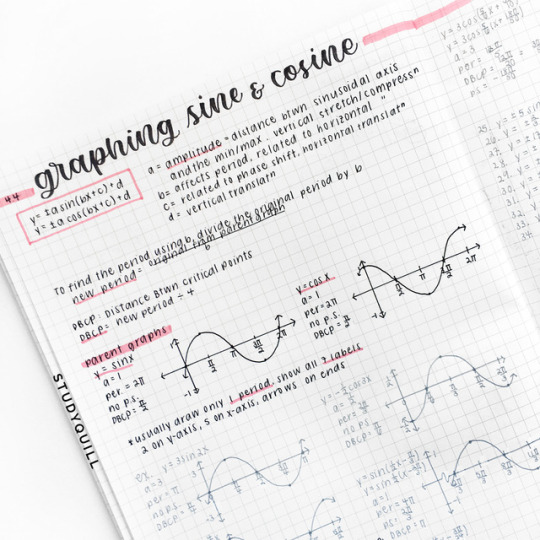
36/100 days of productivity ⋅ wednesday october 18 2017 brush pen ⋅ black pen ⋅ highlighter ⋅ gray pen ⋅ notebook
#original#math notes#pre calculus#academla#heysareena#yowinn#mujischolar#studylilacs#tbhstudying#uglystudies#aescademic#bookmrk#coffeesforstudiers#cmpsbls#enfpstudies#focusign#scholarc#learnism#logarlthms#ohlookyan#rhubarbstudies#educatier#100dop#100dop2018#.photo
4K notes
·
View notes
Photo
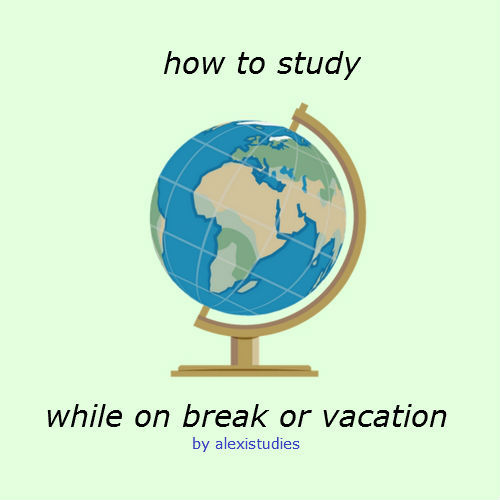
hey guys! I know it’s been a minute since my last masterpost and this one has been sitting in my drafts for editing even though it’s still poop lmao but I missed two weeks of school in late March and early April for college tours, so I really had to practice time management. I needed to study for AP tests, finals and do any other coinciding work I was assigned. Because of this, I thought I could share some of the tips I used to survive.
1. determine what you need to do prior to your trip
doing this will help you organize (and properly pack) your materials that you'll have to bring with you to study or to complete your assignments. notify your teachers of your absence at least 2 weeks in advance so they can prepare the work for you to take with you. write a list of all the topics/assignments you have to do while you're gone so you can just have a basic overview AND feel less overwhelmed.
2. reasonably plan out your work for the duration of your trip
okay so you can either 1) do all of your work before your trip or 2) spread it out throughout the duration of your trip. now, I personally had a SHIT TON of work so there was no way in HELLLL I was gonna be able to do it all before I left. SOOOO I used my bullet journal to plan out what I was going to do and when. If you already know the itinerary for your trip, try to plan your work around the things you have planned but THE KEY TO THIS IS: BE REALISTIC. If you're going to Cancun, don't plan to write 3 pages of your paper the day you arrive, okay? just break your work up into manageable pieces and your mind will be at more ease.
and remember, if you don't follow your plan exactly, its okaaaay! I didn't follow mine exactly but the only thing that matters is that you do it.
3. bring things that motivate you/help you work efficiently
honestly, I cannot study or do homework without music. it makes me wanna shoot myself. SO prior to your trip (if you don't already have these), create playlists of music that helps you focus or just a playlist that you could see yourself working to on a daily basis. bring things to help you relax during your study/homework breaks. during my breaks, I usually stretch or something.
I know this isn’t much but I was just thinking that this might be able to help you guys out in the future! If you have any masterpost suggestions, questions, or just wanna talk, feel free to send me asks or pm’s
#my masterpost#studyblr#studyspo#smartspo#studyspiration#studix#heysareena#studypetals#studyquill#genspen#morningkou#learnism#dotgrids#englishomework#sprouht-studies#mango studies#mangostudies#lycheestudy#obsidianstudy
310 notes
·
View notes
Photo

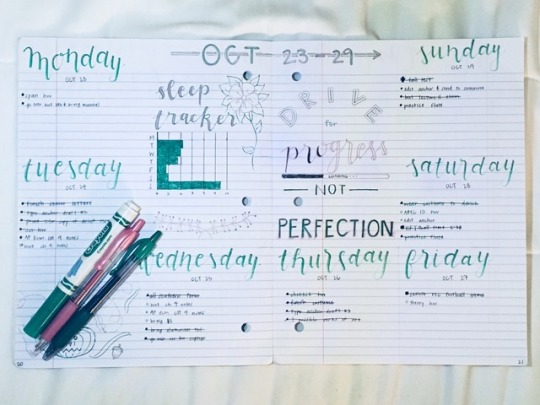
week 4 of my first bullet journal !!
#studyblr#new studyblr#study aesthetic#aesthetic#bullet journal#bujo#my bujo#mine#studyquill#academla#studylilacs#tbhstudying#uglystudies#aescademic#bookmrk#coffeesforstudiers#cmpsbls#focusign#scholarc#learnism#logarlthms#rhubarbstudies#highlighteurs#educatiers#studyplants#jasperstudies#study-at-the-disco#calligr4phy#heyodutchbro#intellectys
10 notes
·
View notes
Photo




another bujo spread ✨
anyways, my school holidays are over, so i’m going to be more active i promise!! it’s good to be back!
#bujo#bullet journal#studyblr#mine#studypride#studylustre#lycheestudy#studypetals#elkstudies#learnism#lookheretay#eintsien#mujischolar#educatier
144 notes
·
View notes
Text
College Comparison and Application Checklists
Hi guys! As an obsessive spreadsheet maker, I am constantly using Excel for EVERYTHING, including when preparing to apply for college. I’ve just been told that, for once, the spreadsheets I made for comparing college options and organizing my application checklist are actually helpful, so I’m here to share them!
The first can be used for initially comparing and deciding which colleges you are interested in and the second can be used more as a checklist to see if everything has been submitted or completed.
To make things convenient, I’ve made them available in Google Sheets, from which you can copy to your own Google Drive or download as a Microsoft Excel file! They are also both editable so that you can add or remove categories and compare what’s important to you. Colleges are not one-size-fits-all, so feel free to edit the spreadsheets to cater to you. As a quick example, I’ve used Harvard to demonstrate what each category is for, but you can use it however you see fit. Since I personally have not looked into Harvard, the examples used are not the most thorough, but they should still provide a general idea.
**DISCLAIMER: I am still in high school and have not yet applied or gone to any colleges/universities. I am no expert on college admissions and do not know everything about finding and selecting the perfect college. Please keep this in mind. Any constructive feedback is welcome!
College Comparison Spreadsheet:
https://docs.google.com/spreadsheets/d/1AVSidBtOpGOHafgkHVeKYSL0ceyaSZvx2VNzIG3uZTc/edit?usp=sharing
College Application Checklist:
https://docs.google.com/spreadsheets/d/1ncT6dwddihoQOLsW17c6wZuXXqrp5F4hIqPWnop5M7M/edit?usp=sharing
To use, click on the link, go to “file”, then either click “make a copy” and save to your drive or click “download” and then whatever format you want. A guide to using each is below the cut. Happy college hunting and good luck!
College Comparison Spreadsheet:
This spreadsheet was made for comparing the colleges that you are interested in. As mentioned early, there are several fields that can be used to compare options, but they can be edited so that they fit you. If you are not at all interested in Greek Life, but having the opportunity to participate in an Acapella group is super important to you, just take the Greek Life section out and add in an Acapella Choir section.
Heres a rundown on each section:
Name. Name of the college/university
Public/Private. If the school is public or private. Public schools are usually cheaper for in-state students, but private schools often have more resources to offer financial aid to students. Both have pros and cons
Location. Where the school is located.
Setting. Type of area the school is located. Big city or rural town? Distinct campus or scattered buildings? By the beach or in a forest?
Distance from Home. How far the school is from home. How long would it take to travel home for a visit or over break?
Total Population. Number of both undergraduate and graduate students. Smaller schools are more intimate, while larger schools give more of that “university” experience with more people and usually more opportunities (depending on what you consider an opportunity)
Undergraduate Population. Number of undergrads at the school. Can be important to consider if school focuses on undergrads or grads
Graduate Population. Number of grads at the school. Can tell if school has undergrad or grad focus or is balanced.
Campus Culture/Vibe. General “feel” of campus and students. Are the students nerdy and quirky? Are they more of the athletic type? Will you feel at home? This “fit” is super important in college decisions and is sometimes forgotten when applying.
Housing Options. What kind of housing is available for students. Are all undergrads required to live on campus? Are the dorms traditional style or apartment style? Is housing guaranteed?
Extracurriculars. What type of extracurriculars are offered. Intramural sports? Fine arts clubs? Cultural organizations? Honor societies?
Athletic Division. What division do varsity athletics compete in? Will you be excited to cheer on the team? What other teams does the school compete against?
Greek Life. Are fraternities and sororities available? How many students participate in them?
Demographics/Diversity. Is the population diverse? Are there students from all over with all different types of thinking?
Other Notes. Any other extra information that doesn’t fit into the above categories. Are there any fun traditions? Is there anything you really like or dislike? Do they give out free ice cream sundaes on Tuesdays?
Graduation Rate. How much of the class graduates within a certain timespan (often 6 years)
Freshman Retention Rate. How much of the freshman return the following year. Can be a good indicator of student satisfaction
Rankings. Rank of school. Remember that this is NOT the only factor in considering options. There is so much more to college than just prestige and ranking. Chose a school where you’ll be happy, not because it’ll impress people
Majors Offered. Does the school offer a major that interests you? Try to make sure that you like at least two majors offered. That way, if you change your mind from your first choice you still have other options
Student:Faculty Ratio. How many faculty members for each student. Lower ratios often mean smaller class sizes
Academic Opportunities. What other programs are available. Can you do research or internships? What type of student support is offered? Is there an honors college?
Study Abroad Opportunities. If you want, can you study abroad? Where? When?
Special Program/Curriculum. Is there a common core or curriculum that all students must take? Is it very open with very loose general education requirements? What style are the classes? Large lectures or hands-on seminars?
Other Notes. Any other extra information that doesn’t fit into the above categories. Is there a 5 year Bachelors/Masters program? Are double majors allowed? Is there a Physical Education requirement?
Tuition. Cost of tuition
Room, Board, Other Expenses. Cost of other expenses, including room and board, books, meal plans, etc.
Financial Aid Options. Does the school offer financial aid? In what form? Loans? Grants? Need-based scholarships? Merit-based scholarships? What percent of aid is given? What is the average amount of debt students graduate with?
Acceptance Rate. How many students get admitted. More selective schools have extremely low rates and are difficult to get into
Early Action or Decision. Does the school offer an early timeline? Early action is non-binding and simply means that the student can apply early and learn their decision early, but is not bound there if admitted. Single choice or restrictive early action means that the student can only apply to one school early and the other schools must be applied to at the regular time. Early decision is binding and if the student is admitted, they must attend the school
Application Type. Does the school use the Common App, the Coalition App, the Universal App, or its own system
Application Fee. How much does it cost to send in an application. Be careful! These can add up!
SAT Range. Average SAT of admitted students. Can be a good indicator of whether a school is a safety, match or reach. A safety is a school that you have a high chance of getting into. A match is a school that you have a fair change of getting into and reach is a school that you have a lower chance of getting into. Aim to have at least one of each of these schools
ACT Range. Average ACT of admitted students. Can be a good indicator of whether a school is a safety, match, or reach
Average GPA. Average GPA of admitted students. Can be a good indicator of whether a school is a safety, match, or reach
Application Requirements. All college require different materials. Some need supplemental essays, SAT subject tests, interviews, letters of recommendation and more, while others don’t. Make sure to double check!
College Application Checklist:
This spreadsheet is more straightforward and includes sections where the due dates and requirements for each application can be filled in. You can also place a check or other mark next to a requirement when you have completed it or turned it in. Additionally, there is a section where the link to the admissions portal can be included, as well as the username for that portal, since they can sometimes get hard to keep track of.
Hope this helps! Good luck!
#mine#college apps#ref#appblr#studyblr#studyplants#rhubarbstudies#katsdesk#studyquill#thegrangersapprentice#eruditekid#engincrd#intellectus#learnism#dotgrids#studypetals#obsidianstudy#etudiance#eintsein#bookmrk
1K notes
·
View notes
Text
May and June are for two things only: studying and crying
#studyblr#studyspo#learnism#studyplants#studyright#athenastudying#studyquill#intellectus#cmpsbls#obsidianstudy#focusign#elkstudies#boystudy#succulentstudy#studypetals#lycheestudy#areistotle#sirenastudies#studyign#studyisa#dotgrids#morningkou#somestudy#theorganisedstudent#tbhstudying#stuhdies#eintsein#einstetic#educatier#caffestudy
205 notes
·
View notes
Text
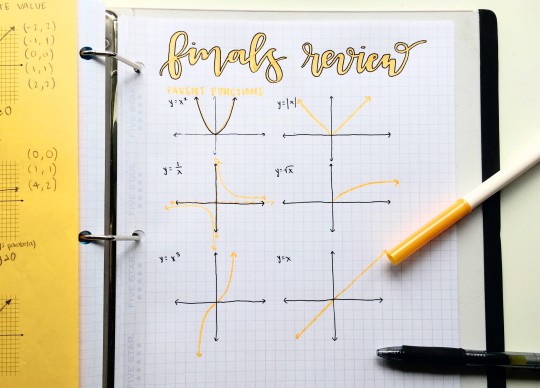
5.16.17 | 8:46pm | 3/100 days of productivity
finals are coming up soon (for me they’re the week of may 29) so i’ve been studying all the math i’ve learned this year, one topic at a time. today: parent functions!
also should i make a calligraphy tips post? i feel like a lot of the people in this community are trying to learn it for notes + bujo spreads, and i’ve been doing calligraphy for years and only recently added it to my schoolwork. so what do you think? should i make a post about it?
#math#parent functions#studyblr#studyspo#graph#parabola#learnism#dotgrids#studytildawn#studypetals#etudiance#eintsein#intellectus#elkstudies#yellow#notes#100dop#mine
229 notes
·
View notes
Photo

You have to do both.
#studyblr#studyspo#study quotes#heyaly#learnism#architstudy#shameless quotes#dodie yellow#quotes about life#motivational quotes#we only have two jobs on this earth#learn#cope#inspiring quotes#study inspiration#irish studyblr#new studyblr#new study blog#mine#study space#notes#study spot#studying#studyign#shameless us#tv quotes#typography
323 notes
·
View notes
Text
Tips for procrastination: Eat the Frog
many of us here are aware of how procrastination hinders not only academics but life in general & it can get v v frustrating. there’s something i learnt over a year ago to jab the procrastination away & it’s called eating the frog (lol).
so basically if you’ve got a ton of work to do and the escapist in you strikes, its gets mad crazy & you wont feel like doing anything. this method might help you with that.
there are two ways to go about ‘eating the frog’ :-
method 1:
just sit down, get your things out & make a list of what you need to do.
what the most hardest thing on your list? put that as #1 priority.
this allows you to completely annihilate the first thing & then you’ll be left with a few things that are fairly easier.
then put down a easy fun thing that you like to do & finish that
then go about how you would otherwise normally finish your work
this method helps because now that you’ve begun something & you’ve already got something quite difficult out of the way, you gain a momentum which helps finishing other tasks easier
method 2:
same as the first one, make a list of all the things you need to accomplish.
then arrange them like so:
something that is easy & fun. this sets the mood to gain some momentum with somewhat fun + easy. it’s basically tricking your mind lol
then write down the hardest task
then write down the 2nd hardest task
then something that HAS to be done no matter what. if its a chore or some reading, etc. & it might not necessarily be the hardest.
then something which is easy & fun again if you happen to have anything left!
notes:
this will not work if you don’t sit down & get working.
if you're someone who has problems with starting to work, i suggest you use method 2. this not only helps you gain momentum with fun things, it also ends on a light note!
if you're someone who works better with tough things out of the way, method 1 might work for you.
you need to prioritize well, take some time out to plan if that helps you.
if you’re finding it hard to begin, use the 2 minute trick.
Can all of your goals be accomplished in less than two minutes? Obviously not. But, every goal can be started in 2 minutes or less. And that’s the purpose behind this little rule.
this is a general guideline, this may not necessarily work for everyone. do whatever works for you!
hope this helped! every small step is progress, so take it slow, you can do it!! here's an ask i answered about combating procrastination. do send me an ask if you’ve got any questions! take care y'all, hope you have a great day x
#random thing i just decided to whip up lol#hope this helps :)#myposts#mytexts#procrastination#productivity#studyplants#studypool#snostalgic#lookheretay#heyaly#einstetic#equations#studyquill#littlestudyblrblog#emmastudies#learnism
310 notes
·
View notes
Photo

new plan with me video!
#original#bujo#bullet journal#zebra mildliner#planner#academla#heysareena#yowinn#mujischolar#studylilacs#tbhstudying#uglystudies#aescademic#bookmrk#coffeesforstudiers#cmpsbls#enfpstudies#focusign#scholarc#learnism#logarlthms#ohlookyan#rhubarbstudies#highlighteurs#educatier#userfei#studyplants#morningkou#studyguideverified#hufflestudies
4K notes
·
View notes
Photo


july 20th, 2017
wowow on my days off I’m either: reading, bullet journaling or watching netflix haaaa i need a life. i really want to read some Sylvia Plath literature and this book I found called The Secret Life of Bees. Also, Carve The Mark by Veronica Roth is rllly good
#lex's bujo#morningkou#elkstudies#studypetals#studyquill#academla#heysareena#heygen#genspen#studyign#studying#obsidianstudy#sophocused#learnism#dotgrids#blostudies#studiix
158 notes
·
View notes
Photo


6.2.17
I haven’t posted in ages! It kinda makes me sad, but I’m back now hopefully. I wish my life were a little more interesting, but I guess it’s just not. But anyway alsooo happy pride month!!!
#studyblr#studyright#coffeesforstudiers#coffeeandchemegstry#studyingwtf#learnism#studythetics#studybuddyblr#reviseordie#studyingandlattes#elkstudies#heystudiyng#brbstudying#emmastudies#succespo#messy-studying#areistotle
36 notes
·
View notes